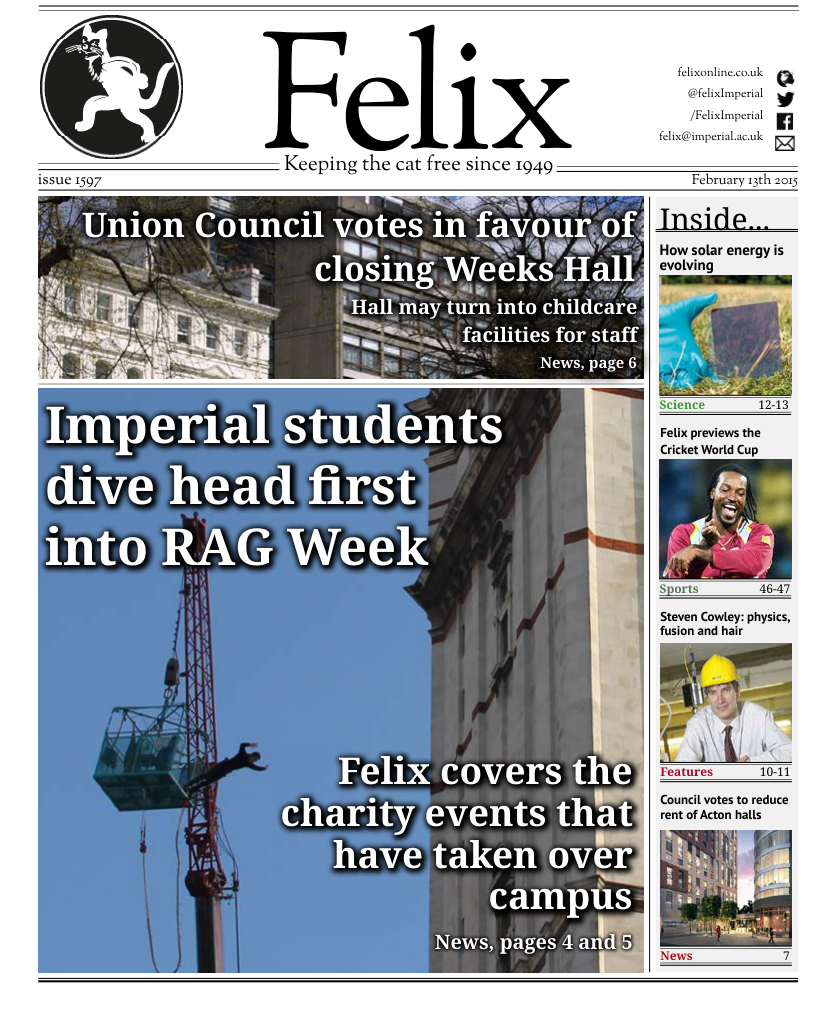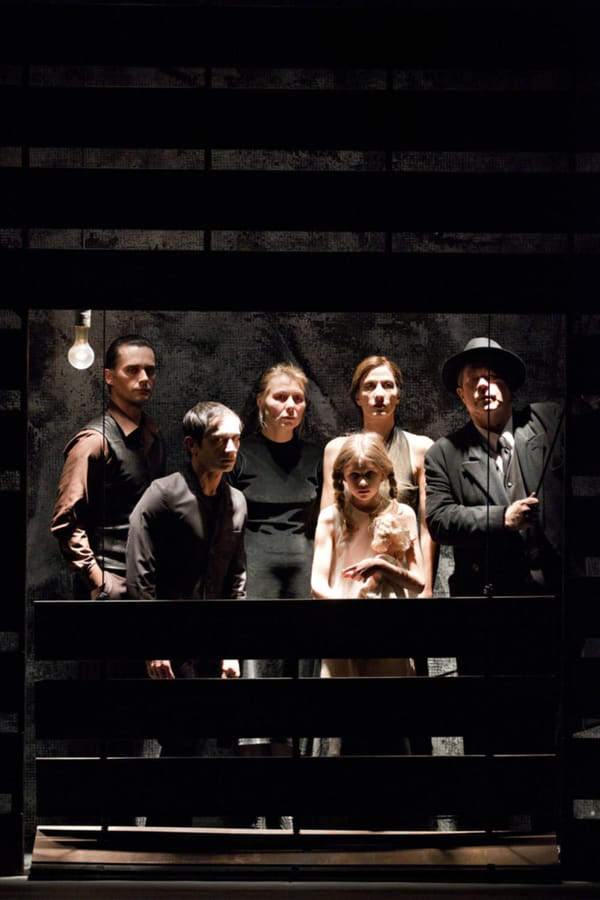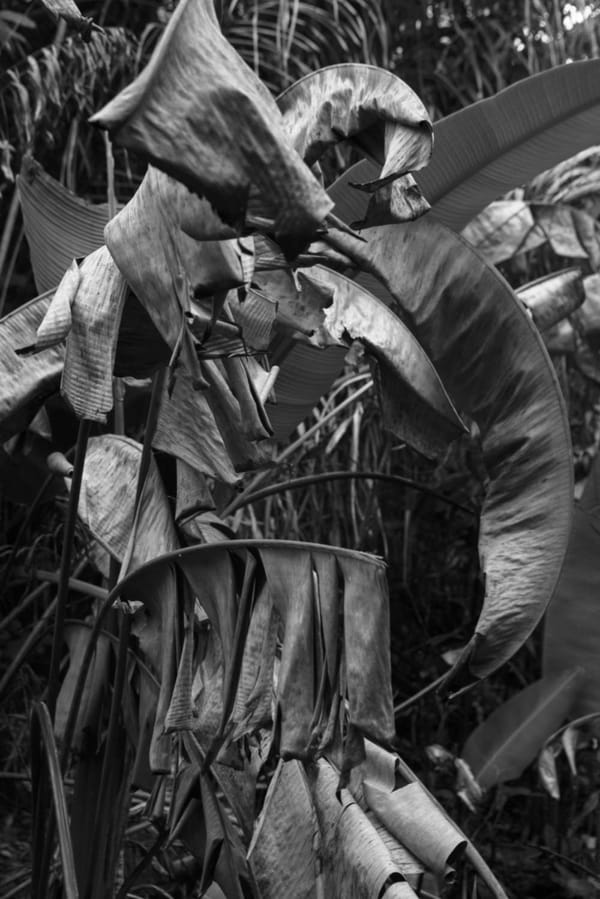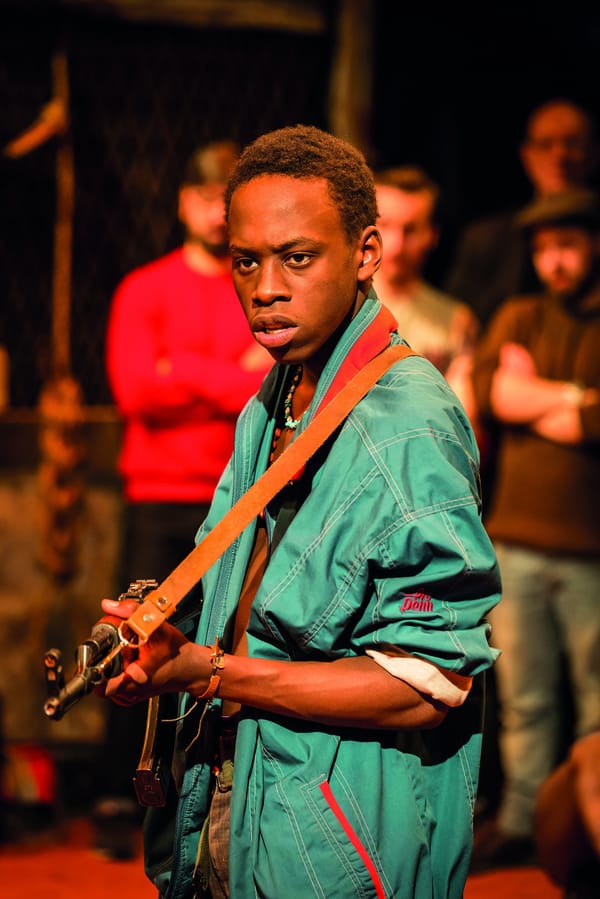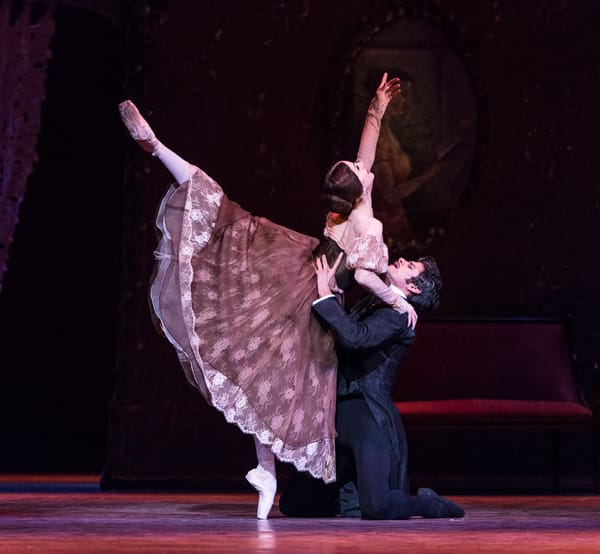Singing Stones – the Women’s Spring
Joshua Jacob is riveted by a show that explores woman's place in the Middle East
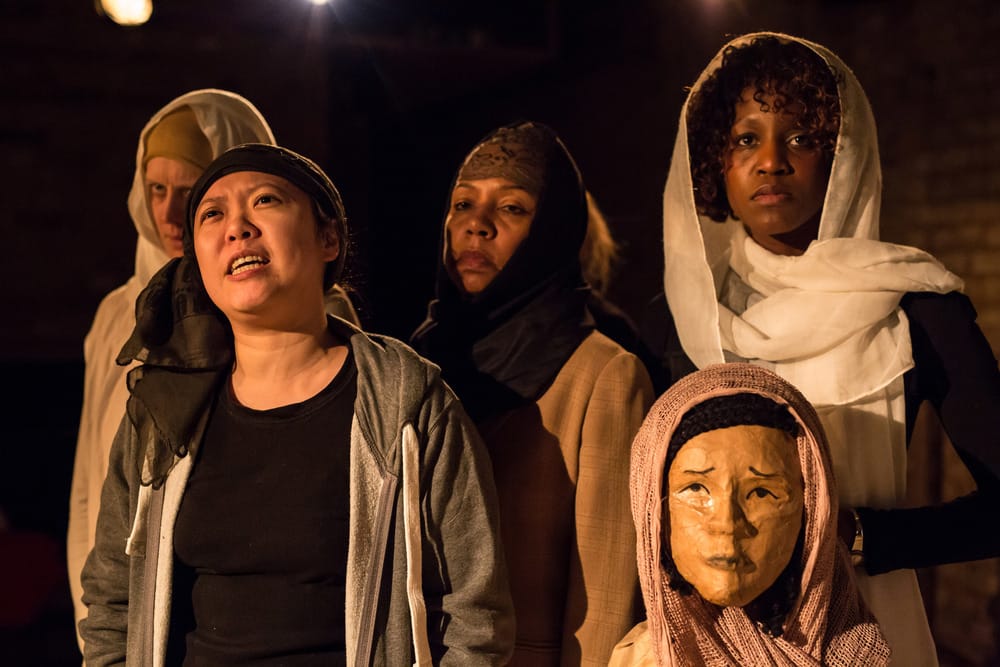
T_he Singing Stones_ is a new play that explores the role of women in the Arab Spring. On the stage, as the audience are finding their seats, a young woman is sitting before a backdrop of rubble and broken furniture, on an otherwise bare stage. She is smiling contentedly whilst playing with some scraps of cloth, and needle and thread. How can I begin to understand this image in front of me, and the world it’s associated with: the world of Alia Alzougbi, of countless children, with countless mothers and fathers, a world of revolution and conflict. A distant land to which I am a voyeur, following it’s ebb and flow through international news. Kay Adshead – the writer and director of this first staging of the play – has found a way.
The play lucidly shows us the plight of women and children in the Arab Spring.
The audience’s apathy is undermined throughout the show. At the start of the play Alia Alzougbi, who reminds me of a lonely child, isolated but for the phantoms of her imagination, verbalises her disillusionment with her country’s ruling class through puppetry. She engages the audience with humour, but underlying her jokes there is a desperate young lady vying for our attention and trying to find a voice. The play offers anecdotes of the Arab Spring in Egypt, Tunisia, Libya and Syria, as well as Camberwell in South London. In every scene the women are railing against the denial of their freedom of speech and their incapacity to make change in the Arab world. The words of the characters on stage describe the brutality that the protesters were subjected to, the repugnant designs of dictators, the victimisation of children in war, and how the women in the Arab Spring dealt with these issues.
The script is infused with powerful imagery and enthralling poetry.
The acting was sometimes unconvincing, but otherwise fulfilled its function, and at points Alia Alzougbi was exceptional. The simplicity of the set worked well, as it didn’t distract the audience, while the size of the theatre allowed for an intimate viewing experience.
The script is infused with powerful imagery and mesmerising poetry, which leaves no question of the playwright’s artistic understanding of the play’s deeply political subject. Feminist issues are intrinsic to the play, but do not distract from the stories themselves. It seems that the author is challenging not only the inequality of power between men and women, but also the inequality between women in the Western and Arab worlds. The play doesn’t aggressively argue a political point, but instead lucidly shows us the plight of women and children in the Arab Spring, and in its penultimate scene conscientiously dissects the difficulties of respectfully communicating this bloody conflict on the stage.
_The Singing Stones is being performed at the Arcola Theatre until the 28th of February. _
Also, the Theatre is working towards being the first carbon neutral theatre in the world. So when you see the production and find your conscience being challenged, at least you won’t need to worry so much about how far the polar ice caps have receded in the process.

